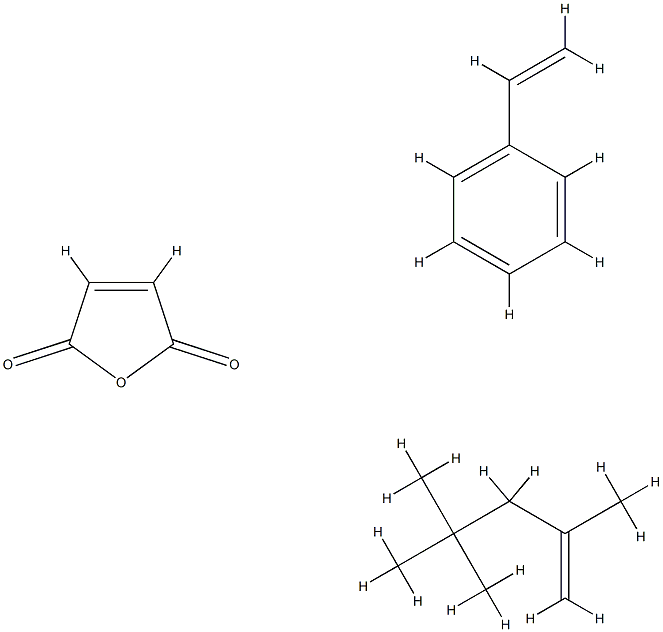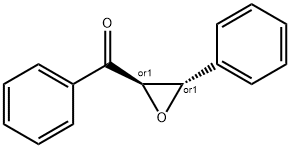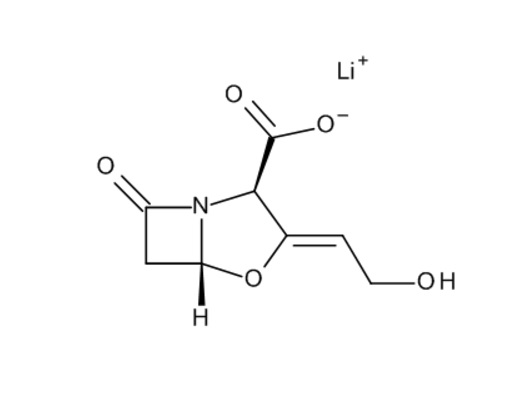2,4,4-TRIMETHYL-1-PENTENE
Synonym(s):α-Diisobutylene;2,4,4-Trimethyl-1-pentene + 2,4,4-Trimethyl-2-pentene;2,4,4-Trimethylpentene;Diisobutylene
- CAS NO.:107-39-1
- Empirical Formula: C8H16
- Molecular Weight: 112.21
- MDL number: MFCD00008855
- EINECS: 203-486-4
- SAFETY DATA SHEET (SDS)
- Update Date: 2023-06-26 17:30:28

What is 2,4,4-TRIMETHYL-1-PENTENE?
Chemical properties
colourless liquid
The Uses of 2,4,4-TRIMETHYL-1-PENTENE
2,4,4-Trimethyl-1-pentene is used in the manufacturing of chemicals, adhesives, sealant chemicals, fuels and fuel additives.
The Uses of 2,4,4-TRIMETHYL-1-PENTENE
Organic synthesis; motor-fuel synthesis, particularly isooctane; peroxide reactions.
Definition
Mixture of isomers.
General Description
2,4,4-Trimethyl-1-pentene is a α-alkene. It is the main dimeric product of isobutene. Ozonolysis of 2,4,4-trimethyl-1-pentene has been investigated in a flow reactor under pseudo-first-order conditions. Hydrocracking (HCG) of 2,4,4-trimethyl-1-pentene has been employed as a model test reaction to investigate the catalytic functionalities of sulfided CoMo catalysts. Liquid phase oxidation of 2,4,4-trimethyl-1-pentene with molecular xygen afforded epoxides and hydrogen peroxides.
Hazard
Flammable, dangerous fire risk.
Health Hazard
Recommended Personal Protective Equipment: Protective goggles; Symptoms Following Exposure: Low general toxicity; may act as simple asphyxiate in high vapor concentrations; General Treatment for Exposure: INHALATION: remove from exposure; support respiration; Toxicity by Inhalation (Threshold Limit Value): Data not available; Short-Term Exposure Limits: Data not available; Toxicity by Ingestion: Data not available; Late Toxicity: Liver and kidney damage in exp. animals; Vapor (Gas) Irritant Characteristics: Vapors are nonirritating to the eyes and throat; Liquid or Solid Irritant Characteristics: Minimum hazard. If spilled on clothing and allowed to remain, may cause smarting and reddening of the skin; Odor Threshold: Data not available.
Chemical Reactivity
Reactivity with Water No reaction; Reactivity with Common Materials: No reaction; Stability During Transport: Stable; Neutralizing Agents for Acids and Caustics: Not pertinent; Polymerization: Not pertinent; Inhibitor of Polymerization: Not pertinent.
Properties of 2,4,4-TRIMETHYL-1-PENTENE
| Melting point: | -101 °C |
| Boiling point: | 101-102 °C (lit.) |
| Density | 0.708 g/mL at 25 °C (lit.) |
| vapor density | >3.8 (vs air) |
| vapor pressure | 83 mmHg ( 37.7 °C) |
| refractive index | n |
| Flash point: | 21 °F |
| storage temp. | 2-8°C |
| form | Liquid |
| color | Clear colorless |
| Specific Gravity | 0.708 |
| Odor | Like gasoline. |
| explosive limit | 4.8% |
| Water Solubility | Miscible with acetone. Partially soluble in methanol, diethyl ether, benzene, chloroform. Immiscible with water. |
| BRN | 1098309 |
| Stability: | Stable. Highly flammable. Vapour may flow over surfaces to a distant source of ignition. Incompatible with oxidizing agents. |
| CAS DataBase Reference | 107-39-1(CAS DataBase Reference) |
| NIST Chemistry Reference | 1-Pentene, 2,4,4-trimethyl-(107-39-1) |
| EPA Substance Registry System | 1-Pentene, 2,4,4-trimethyl- (107-39-1) |
Safety information for 2,4,4-TRIMETHYL-1-PENTENE
| Signal word | Danger |
| Pictogram(s) |
 Flame Flammables GHS02  Environment GHS09 |
| GHS Hazard Statements |
H225:Flammable liquids H411:Hazardous to the aquatic environment, long-term hazard |
| Precautionary Statement Codes |
P210:Keep away from heat/sparks/open flames/hot surfaces. — No smoking. P233:Keep container tightly closed. P240:Ground/bond container and receiving equipment. P241:Use explosion-proof electrical/ventilating/lighting/…/equipment. P242:Use only non-sparking tools. P273:Avoid release to the environment. |
Computed Descriptors for 2,4,4-TRIMETHYL-1-PENTENE
New Products
4-AMINO-TETRAHYDRO-PYRAN-4-CARBOXYLIC ACID HCL 4-(Dimethylamino)tetrahydro-2H-pyran-4-carbonitrile 4-Aminotetrahydropyran-4-carbonitrile Hydrochloride (R)-3-Aminobutanenitrile Hydrochloride 3-((Dimethylamino)methyl)-5-methylhexan-2-one oxalate 1,4-Dioxa-8-azaspiro[4.5]decane 5-Bromo-2-nitropyridine Nimesulide BP Aceclofenac IP/BP/EP Diclofenac Sodium IP/BP/EP/USP Mefenamic Acid IP/BP/EP/USP Ornidazole IP Diclofenac Potassium THOMAIND PAPER PH 2.0 TO 4.5 1 BOX BUFFER CAPSULE PH 9.2 - 10 CAP SODIUM CHLORIDE 0.1N CVS ALLOXAN MONOHYDRATE 98% PLATINUM 0.5% ON 3 MM ALUMINA PELLETS (TYPE 73) LITHIUM AAS SOLUTION 2-Bromo-1-(bromomethyl)-3-chloro-5-nitrobenzene 2-Bromo-3-nitroaniline N-(3-Hydroxypropyl)-N-methylacetamide 3-Bromo-6-chloropyridazine 4-ethyl-3-nitrobenzoic acidRelated products of tetrahydrofuran








You may like
-
 2,4,4-Trimethyl-1-pentene CAS 107-39-1View Details
2,4,4-Trimethyl-1-pentene CAS 107-39-1View Details
107-39-1 -
 2,4,4-Trimethyl-1-Pentene CASView Details
2,4,4-Trimethyl-1-Pentene CASView Details -
 2,4,4-Trimethyl-1-pentene CAS 107-39-1View Details
2,4,4-Trimethyl-1-pentene CAS 107-39-1View Details
107-39-1 -
 1823368-42-8 98%View Details
1823368-42-8 98%View Details
1823368-42-8 -
 2-(3-(tert-butyl)phenoxy)-2-methylpropanoic acid 1307449-08-6 98%View Details
2-(3-(tert-butyl)phenoxy)-2-methylpropanoic acid 1307449-08-6 98%View Details
1307449-08-6 -
 Ethyl 3-(furan-2-yl)-3-hydroxypropanoate 25408-95-1 98%View Details
Ethyl 3-(furan-2-yl)-3-hydroxypropanoate 25408-95-1 98%View Details
25408-95-1 -
 2-Chloro-5-fluoro-1-methoxy-3-methylbenzene 98%View Details
2-Chloro-5-fluoro-1-methoxy-3-methylbenzene 98%View Details
1805639-70-6 -
 Lithium ClavulanateView Details
Lithium ClavulanateView Details
61177-44-4